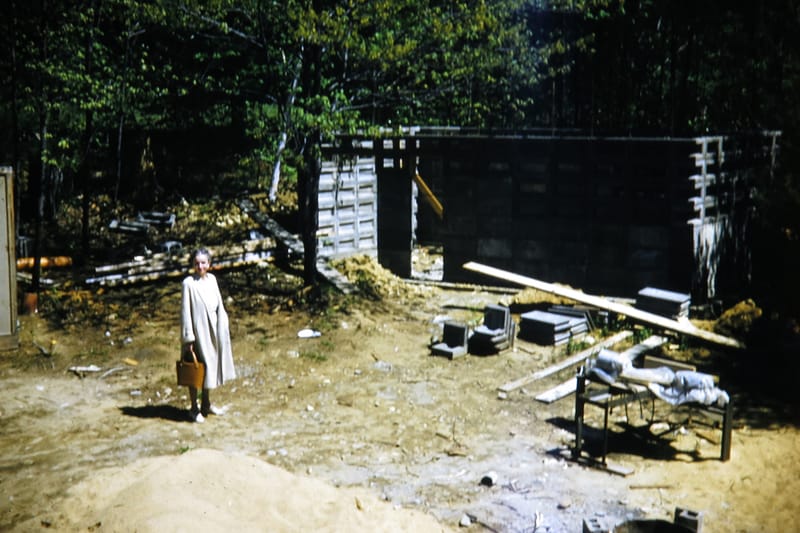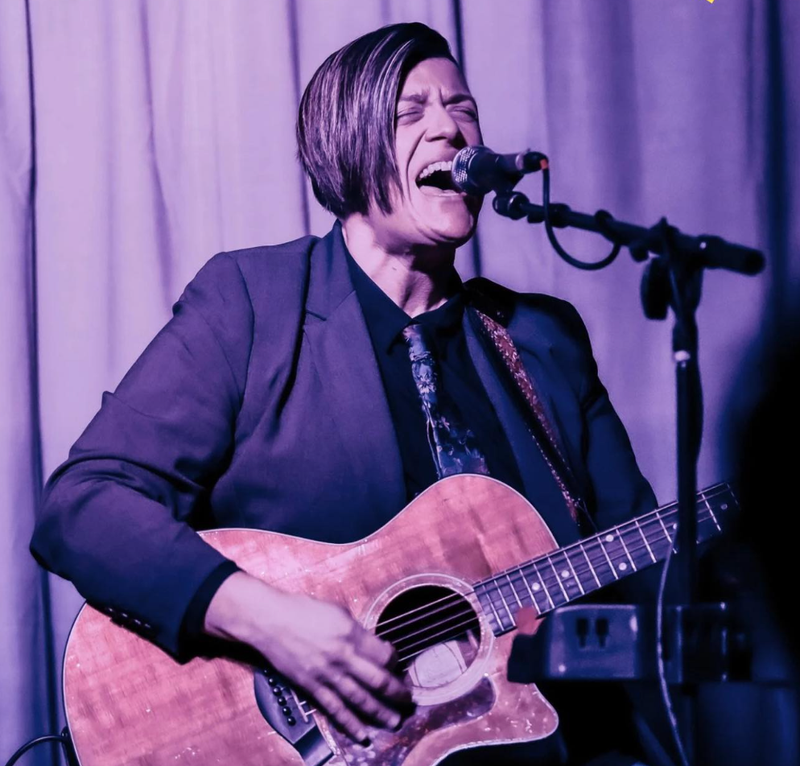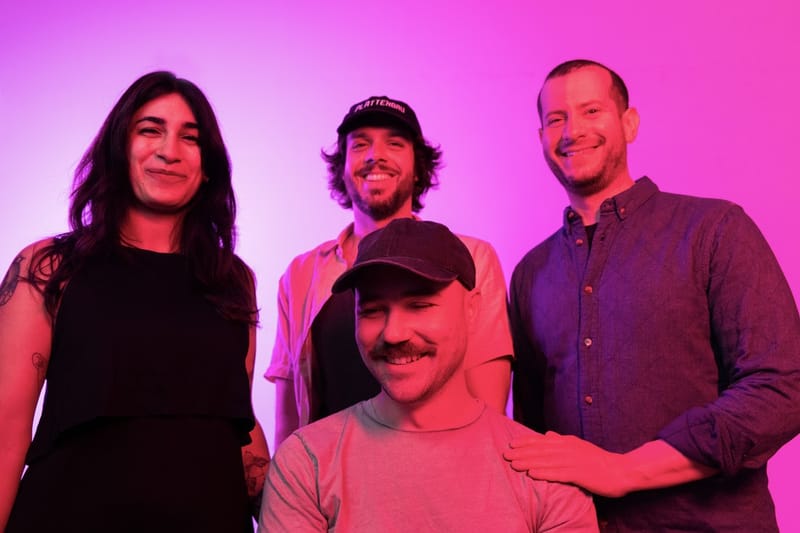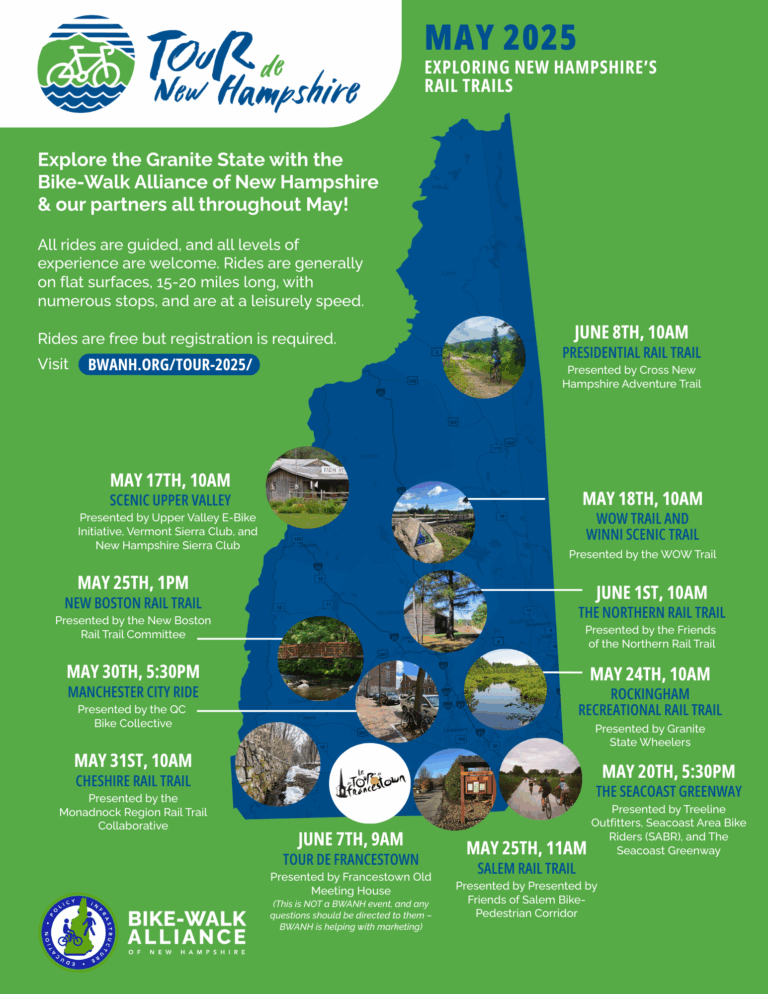April 7 & 10: Wide-ranging guitar savant Nels Cline of Wilco ventures through New Hampshire
Q&A with Nels Cline in advance of 2 NH shows.
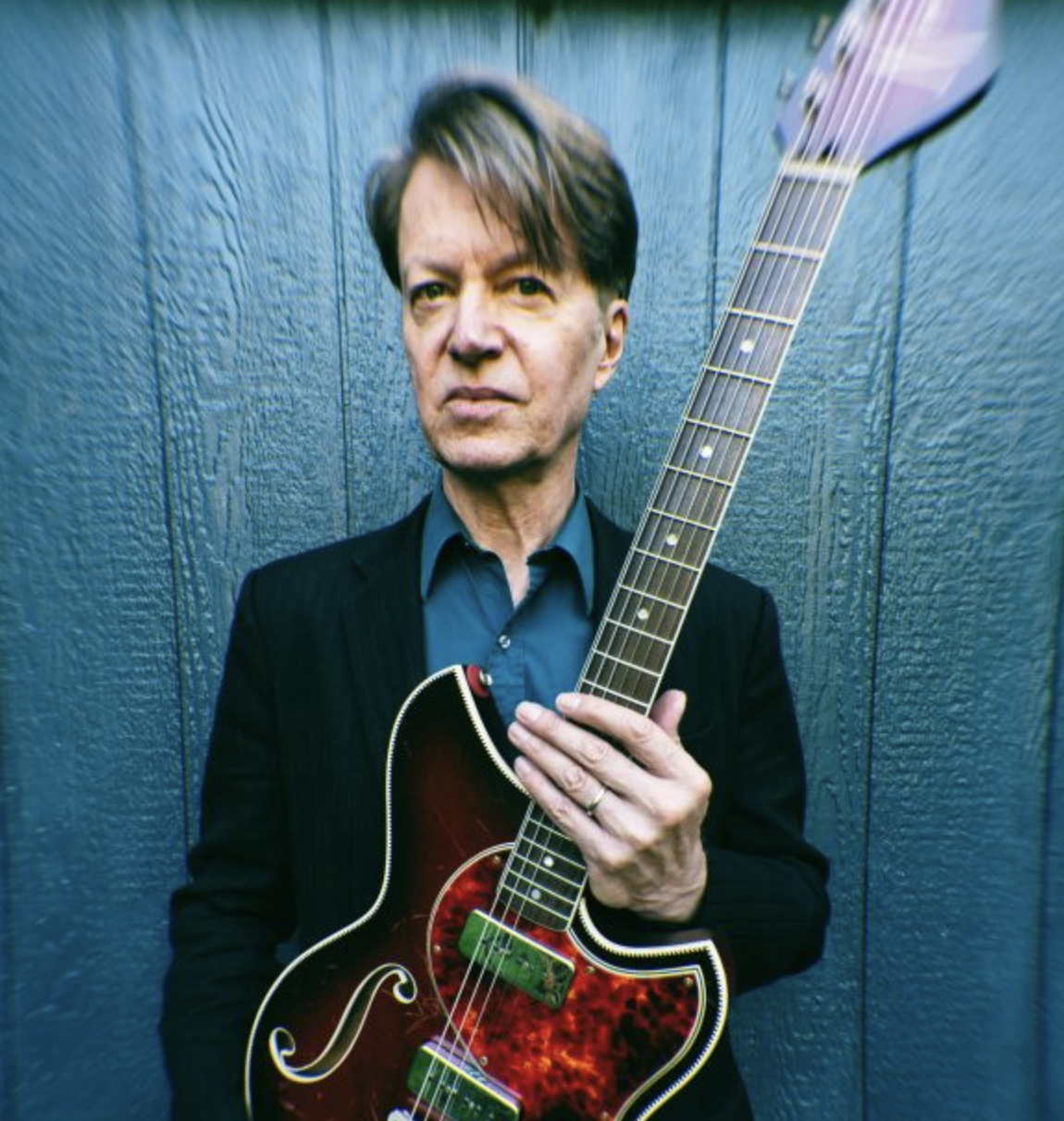
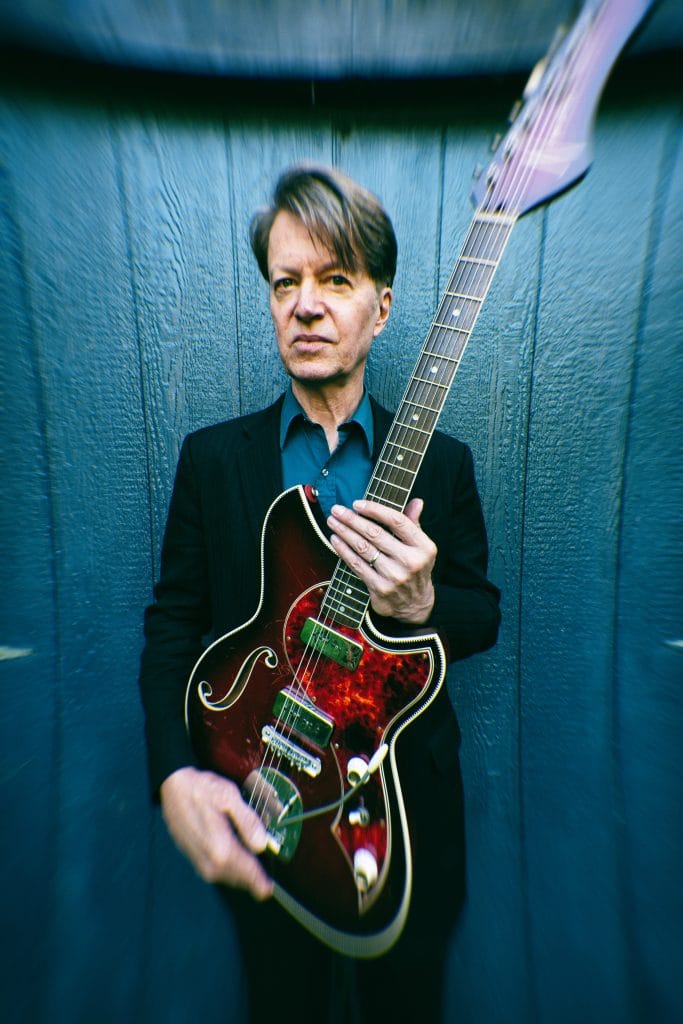
Guitarist Nels Cline has a way of seamlessly weaving his talents in and out of various musical outlets. One day he’s working on new material or performing live with the Chicago alt-rock act Wilco, and then another day he’s doing something completely different. Lately, Cline has been leading a jazz ensemble called the Consentrik Quartet, which released their debut album on March 14 via the storied, influential and acclaimed label Blue Note Records. As part of a run of shows in support of the full-length release, Cline and the band have a couple dates happening in New Hampshire. The first one is happening at The Press Room in Portsmouth on April 7 (SOLD OUT) at 7 p.m. with the second taking place at the Nashua Center for the Arts on April 10 at 8 p.m.
Cline and I had a talk about how this current project came to be, the various collaborations he’s done throughout his career, and what else he has going on this year.
The Press Room (SOLD OUT) – The Press Room | Bar + Restaurant | Live Music in Portsmouth
Nashua Center for the Arts – TICKETS: Nashua Center for the Arts | Live Entertainment
Rob Duguay: How did the Consentrik Quartet and the following album come together with soprano saxophonist Ingrid Laubrock, bassist Chris Lightcap and drummer Tom Rainey?
Nels Cline: Dare I use the overused term “organic”, but it was an organic process and not something that I had on my career strategy board or whatever. I’ve played with Tom and have known him for over 20 years back when I started an improvising trio with him and an electric accordionist and electronic musician named Andrea Parkins. We made a couple recordings and I’m a huge fan of Tom Rainey. I started living in New York City a few years after I started that trio and I ran into Chris Lightcap, the bass player. I believe that we somehow met through our mutual friend Dave Grusin and I think Dave suggested that Chris and I might hit it off. When I heard some of his own records, like his band Bigmouth and his double band Superbigmouth, I realized that there was a lot to talk about with Chris.
We have a lot in common in terms of his ability to not only write great music and play great bass, but also play great electric bass and play music that has more to do with soul, R&B, Afrobeat and other kinds of elements that appealed to me. True enough, we hit it off and started playing sometimes as a duo, which we still do and is more of a jazz and eclectic situation with very low-key guitar sound and acoustic bass. Also, I started an informal trio with Tom on drums and Chris on bass to play some cover songs, a few originals of very droning jazz music, mostly from the late ‘60s and early ‘70s, and a couple of my tunes. I met Ingrid, who’s Tom Rainey’s wife, just from around Brooklyn, going to gigs and hearing all kinds of incredible music that she was playing. One time in particular stands out, besides the great duo she has with Tom, there was a gig that the Mary Halverson Octet was doing at the Village Vanguard and Ingrid was a member of that incredible band.
Her playing in that context sort of revealed more about her diverse palate, like her flexibility, her way of articulating and her incredible soloing. I filed it away in the back of my head that I would like to play with Ingrid someday, but when John Zorn was doing The Stone in Brooklyn for a hot minute there in Crown Heights, he asked me to do a couple of nights. I did one night as the trio with Tom and Chris, and then I added Ingrid to the second night. I guess you could say that was what got my imagination fired up and sort of flash forward, getting a grant through Ars Nova Workshop in Philadelphia to try to write some music for a quartet and perform it in the Eastern United States made it seem only logical that these individuals, if they were interested, would be the band for it. Indeed, they were interested, so now years later post-pandemic, we’re actually able to play more and make a record.
RD: It’s been mentioned that the album spotlights the band’s profound chemistry, so was that immediately apparent from the get go when the four of you started hashing out ideas for songs?.
NC: There’s no simple way to answer this. However, you can say that it was a combination of effortless because of this chemistry I feel that’s not only musical, but there’s also a relaxed friendship. That is important to me and being sort of a band kind of guy, it matters to me what it feels like to be with people, not just playing with people. There was that ease, but then there’s the unease of me writing music and feeling confident that it’s going in the right direction for these individuals. I want them to feel like the music addresses their skills, natural instincts and isn’t too didactic or too stylistically boneheaded or whatever.
I was writing all kinds of stuff, and I guess the jury was out on whether or not they would like it or whether or not I would like it. In the end, the thing I knew would be great was the improvising because everyone can play so well and they can create great sounds on their instruments. My most arduous act is the bandleader/composer part, but that turned out to be really relaxed and fruitful as well in spite of my self-doubt.
RD: It’s great that it came together that way. Along with being part of the rock band Wilco, you’ve collaborated with a wide range of musicians including Mike Matt, Thurston Moore, Greg Saunier, Wayne Kramer, Rickie Lee Jones, Yoko Ono and The Blue Man Group among many others. Do you consider yourself to have a very fluid approach to music that makes it easier for you to adapt to another musician’s style? What do you think enables you to work with so many different artists with different backgrounds and approaches?
NC: Besides my musical interests, which are polymath to say the least, I think it’s just the sort of guitar-infused way that I grew up trying to play music. I’m interested in all of these different modes of expression and I’m certainly interested in the challenge of playing with powerful artists, like some of the ones you mentioned. The instrument itself, which I think should be noted, has a great deal of flexibility, particularly the electric guitar. It’s malleable and it can sound like a lot of things, including not a guitar because of ways we can alter the sound of the instrument with effects pedals, harmonizers and all of these kinds of things. As a listener and not just as a player, I’m drawn to many different stylistic zones, but I’m particularly interested in my own music and the combination of composition and improvisation.
As such, I think that the compositional elements of almost all my recordings where I’m the leader or whatever have the same kind of mix of quiet abstract ballads, rocking groover kind of songs and stuff like uptempo post-bop. It’s kind of the same every time, but it’s different because of the year and the players. Then everything else is being surrendered to somebody else, let’s say they’re the leader, the writer or the composer, which is always a challenge and also can be incredibly fun and inspiring. Then there’s improvised situations like currently for me there’s a group called the Saccata Quartet, or the improvising I did with Thurston or all of these different people. I guess my own bands tend to be a blend, I can call it the “mutt’s blend”, because I’m a mutt.
RD: Yeah, that goes along with what you said earlier about being a polymath when it comes to musical tastes. You have these two shows coming up in New Hampshire, so what are your thoughts on coming to this part of the country? I know you’re from the West Coast and you’ve talked about living in New York.
NC: There’s many things that come to mind, but I’ve been in the East now for about 16 years after 50 plus years in Los Angeles, my hometown. It’s quite a contrast, but I would say that I love the East for many reasons and my wife and I pretty much live in the middle of New York State at this point in farm and dairy land. I got my urban life, I got my country life and I basically like to play, so I certainly treasure going through the Northeast, but frankly, I really just treasure being able to get there and play wherever it is.
RD: That’s a great outlook to have. I know you have this new record out with the quartet, but do you have any other projects or collaborations in the works that you’d like to mention, or is the Consentrik Quartet currently your main focus?
NC: I would say that the Consentrik Quartet is my main focus. I’ve been certainly trying to get my band, the Nels Cline Singers, to play more than one gig every four years, but it’s been really hard to schedule that band. It’s a six-piece band with two people on the West Coast and a lot of gear, so it isn’t the most practical thing. I’m also still playing in duet occasionally with my wife Yuka Honda, and that’s something that is ongoing and it’ll certainly be a factor in the coming year or two. Also, as I said before, I don’t really have any kind of distinct plan.
Usually things just happen and there’s also going to be a lot of Wilco touring during the spring and summer. When there’s a space after that, I’m going to try to play more with the Consentrik Quartet and also with this improvising quartet I mentioned, the Saccata Quartet with Glenn Kotche from Wilco, Darin Gray and Chris Corsano. Then things still come along that I didn’t even expect and I’ll just try and be ready for those, but the Consentrik Quartet is the thrust of my energy, certainly for this year.


